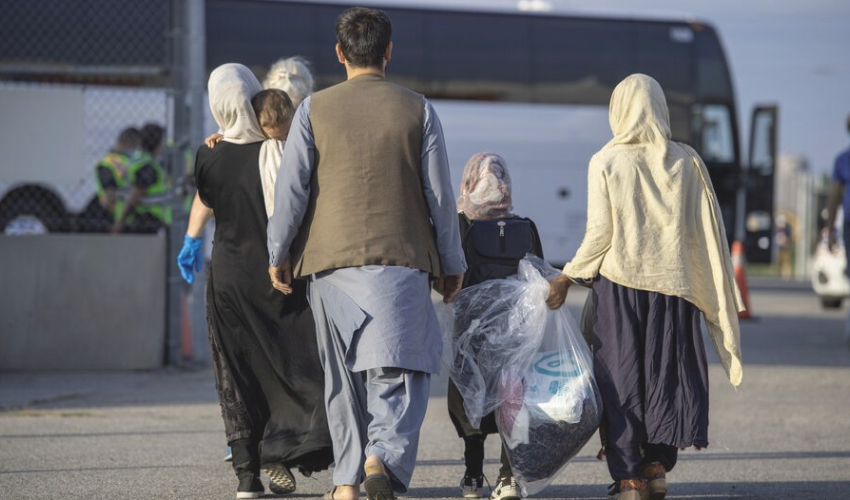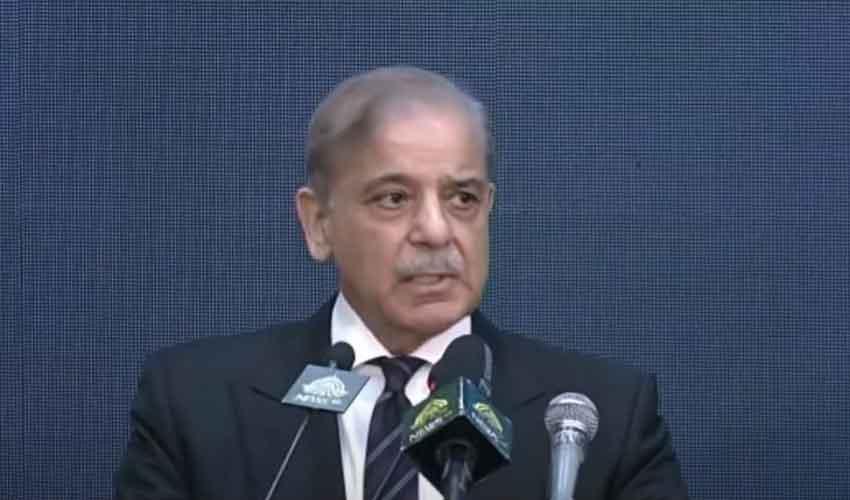In an effort to curb the annual $23 billion loss due to smuggling, the government has introduced stricter regulations at its border crossings, including the implementation of a one-document regime. This move is part of broader measures to address the country's severe economic challenges.
Following the successful fencing of the border with Afghanistan, authorities have decided to enforce the one-document regime at all crossing points. This policy aims to prevent the illegal movement of people, smuggling, and the trafficking of weapons, drugs, and other illicit goods.
The Torkham border serves as a model for this new regulation. Approximately 20,000 people involved in cross-border business at Torkham have complied with the one-document regime, recognizing its long-term benefits and adapting by finding alternative sources of employment.
In contrast, resistance has emerged at the Chaman border, where around 5,000 to 6,000 individuals engaged in cross-border trade have opposed the new measures. Influenced by smuggling networks and certain political figures, these groups have been protesting for the past six months, causing unrest instead of complying with the government's directive.
Authorities urge the people of Chaman to embrace the one-document regime, emphasizing that securing Pakistan's borders through legal and regulated means is crucial for national stability and economic prosperity.
The government remains steadfast in its commitment to these measures, believing that proper documentation and legal transit processes are essential to safeguarding the country's interests and ensuring sustainable economic development.



























